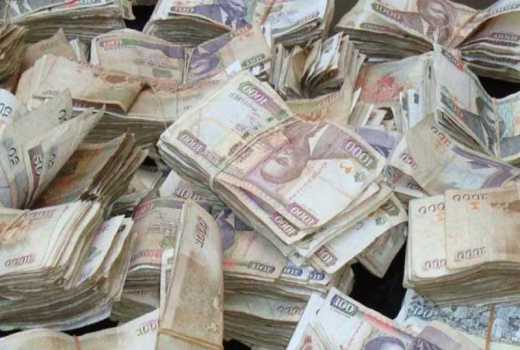×
The Standard e-Paper
Stay Informed, Even Offline

The Ministry of Transport and Infrastructure has been put into sharp focus over a Sh1 billion project funded by the World Bank.
According to the report by Kenya National Audit Office (KENAO) the audit trail for the Kenya Municipal Programme queries expenditure of Sh959,956,863 which is part of a Sh12.1 billion grant by the World Bank meant to improve living conditions in urban areas.